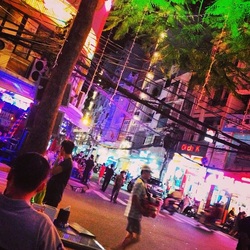
1. Most of the luggage on the airport conveyor belt is boxes duct taped together and addressed with a Sharpie.
2. Everyone wears flip flops, even the construction workers, except the police, who wear proper shoes, though they’re the only ones not running around.
3. Women have burn scars on the back of their calves from hot motorbike exhaust pipes.
4. You’re supposed to throw toilet paper in the waste basket, not flush it.
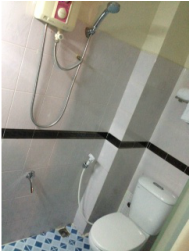
6. The top sports on TV are soccer, beach volleyball, cricket, badminton, and Formula One racing.
7. The newscasters have English accents and only about 10% of the stories they report concern the United States.
8. You see a family of 5 on the same moped, including infants and toddlers, and the father is the only one wearing a helmet.
9. Every afternoon it rains harder than you’ve ever seen every for exactly 2 minutes.
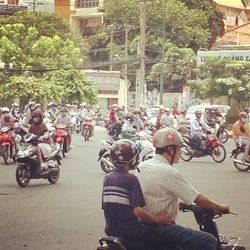
11. Travelers are the only ones wearing sunglasses.
12. Poor people are skinny and rich people fat, the opposite of what how it is in the US.
13. Everywhere you look there are plastic lawn chairs.
14. People carry furniture, fishing pots, assorted construction materials, and three of their friends on their bicycles.
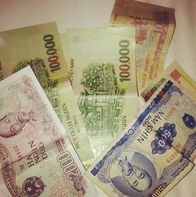
16. Kids work in the streets all day and all night right next to their parents. If they get tired, they curl up and sleep on cardboard boxes right on the sidewalk.
17. Every bar has a gay host with a comb-over, two hot chicks pulling in customers from the street, three salty dog expats drinking beer and sweating all day long, and a little fat kid wearing a skin-tight tank top and a gold chain who has attitude for days.
18. The same street worker will gladly sell you gum, cigarettes, a lighter, bracelets, sunglasses, marijuana, change money, or sign you up for a boat tour.
19. If little kids need to pee (chee chee), their mothers just drop their pants in the middle of the sidewalk and let them go.
20. Girls hold hands when walking on the street with their girl friends or mom or dad. When they’re older and they walk with their boyfriend, they always are on the inside, away from the street, so they won’t be mistaken for a prostitute.
21. You check your shoes and bed sheets for scorpions.
22. There is laundry hanging from every available horizontal surface.
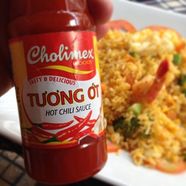
24. You lose 10 lbs in the first two weeks when that street meal does amazing things to your stomach, confining you to the bathroom for 23 hours a day. After that you can eat cheeseburgers and drink beer all day and still lose weight.
25. People pass the time smiling, laughing, and talking to each other. They are happy, and though their lives are hard, they somehow manage to restore your faith in humanity.
Safe travels and be good to each other,
-Norm :-)
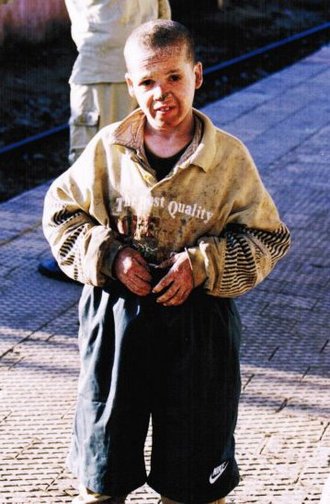
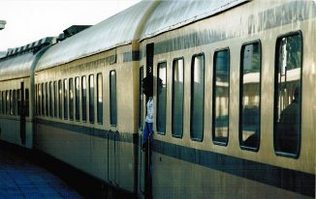
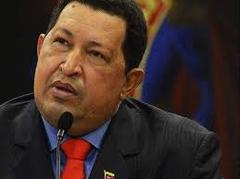
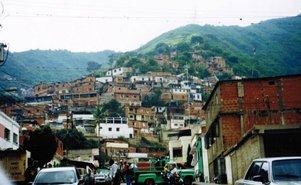


 RSS Feed
RSS Feed